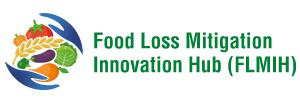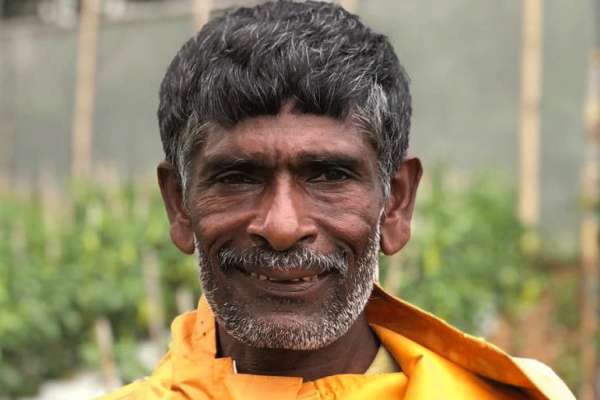Mangoes in Sri Lankan Home Gardens: How Predominant Are They?
Project Description A study based on an investigation over a sample of 435 home gardens in Sri Lanka distributed across Hambantota, Jaffna, Matale, and Ratnapura districts. Key Findings A majority of mango trees (64%) occupied the understory layer, with their importance and contribution to biomass ranging from 1% to 15%, varying significantly by district. Proper…

